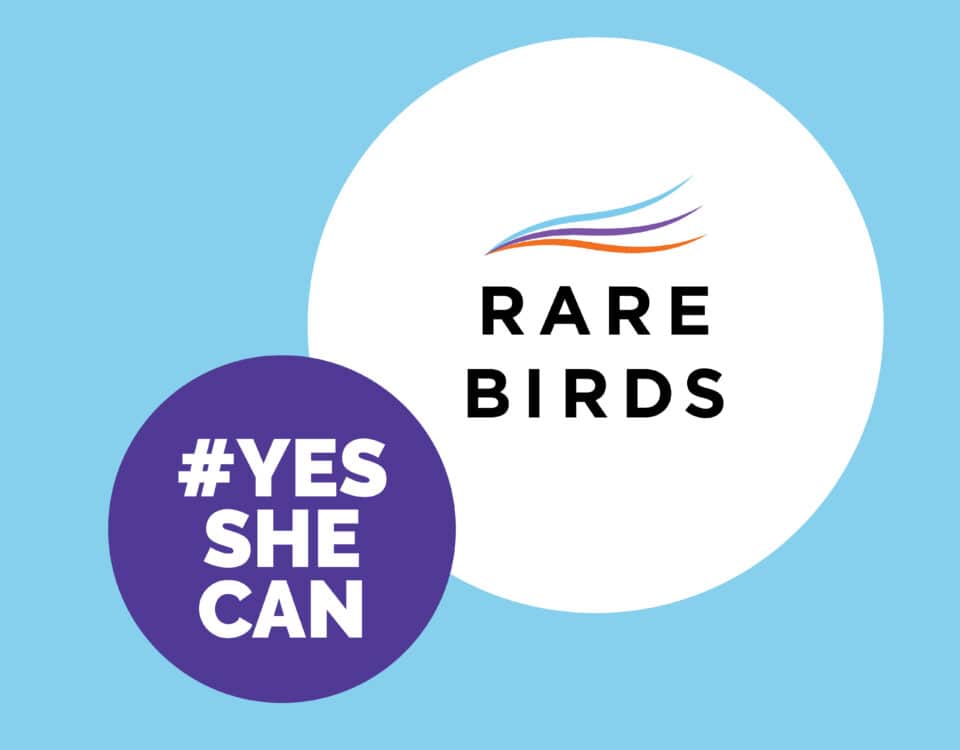While companies are finally getting the message that diversity plays a vital role in boosting a team’s performance, its twin – inclusion – is not so readily embraced or understood. However much a company values diversity, a diverse team cannot function without an inclusive culture.
Why is an inclusive culture important?
The more diverse your team, the more you will need to ensure that you have an inclusive culture. In order to make the best contribution at work, everyone must be made to feel that they can bring their whole authentic self to every interaction. Valuing diversity means valuing diverse perspectives and solutions.
An inclusive culture makes all individuals feel like their contribution is both valuable and valid. This shift in mindset will lead to innovation and experimentation that impacts your company’s growth. Beyond making workers feel valued, inclusive workplaces also foster a sense of belonging and acceptance. This contributed to very high levels of engagement and therefore impacts employee retention. Both of these factors will also boost your bottom line.

How to help create a positive corporate culture?
Inclusion does not just happen by itself. An inclusive culture only exists in companies where it is a part of the values that are spoken and behaved upon from the top down. For example, inclusion means respecting the values and opinions of everyone. Therefore one of your company values could be ‘We show respect for everyone and treat each other equally’.
Importantly, leaders and managers must model this behaviour by listening to staff and giving them opportunities to give feedback, such as surveys or 1:1 check-ins. Inclusion means different things to different people and team members should feel safe to express concerns about having their religion, ethnicity, gender, age, disability, or sexuality, respected.
One way to ensure communications are honest and open is for leaders to occasionally show their vulnerability. Be confident enough to be able to share that you are having a tough time, or are feeling like you need a break. Leaders who demonstrate that they aren’t invincible will allow others to come forward when they have issues around feeling accepted and included.





